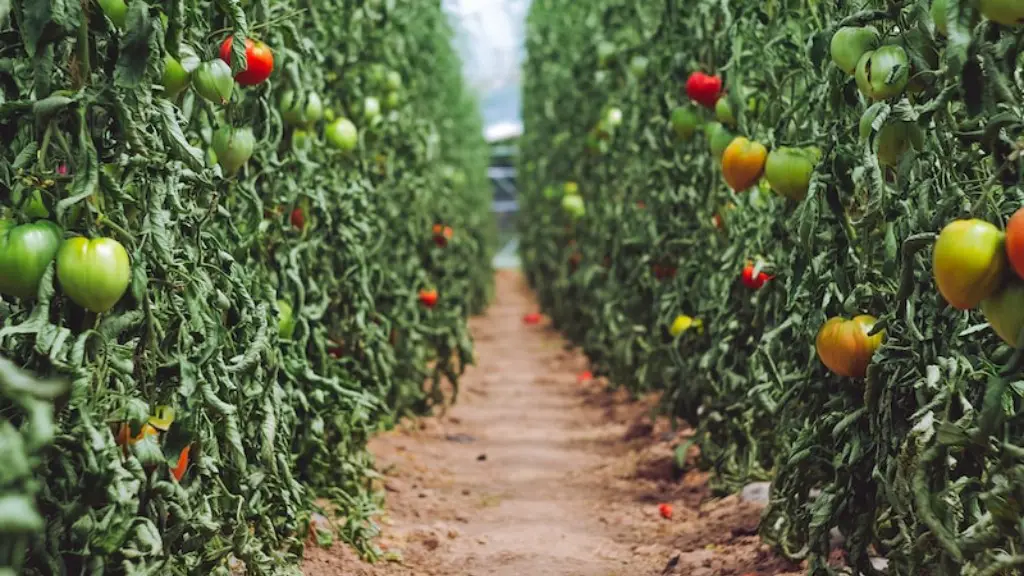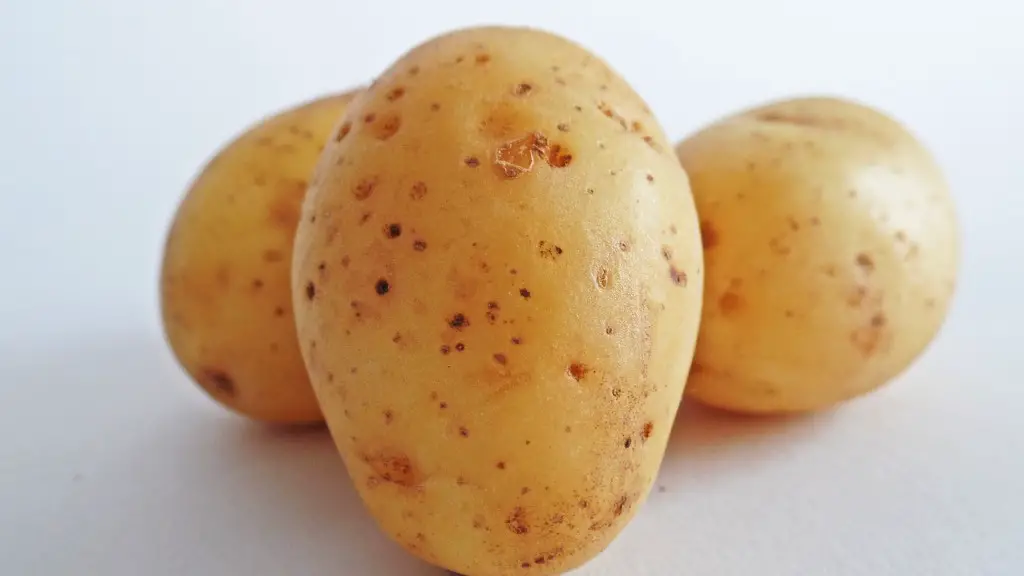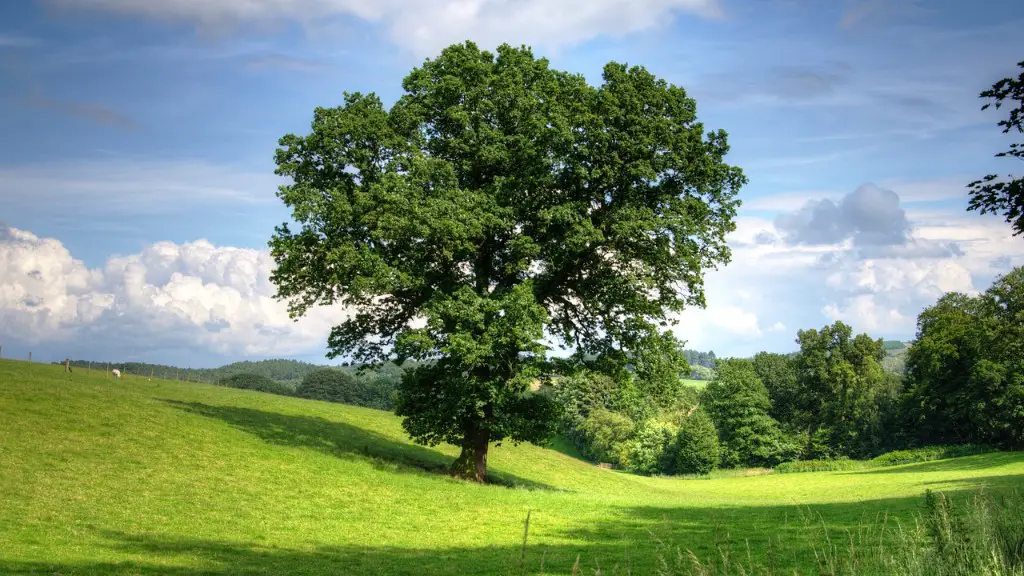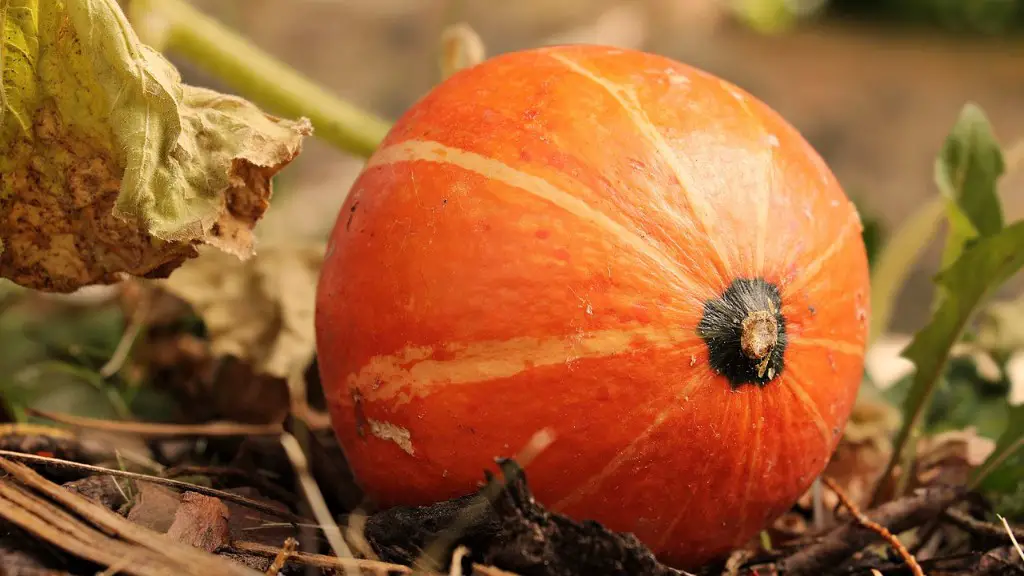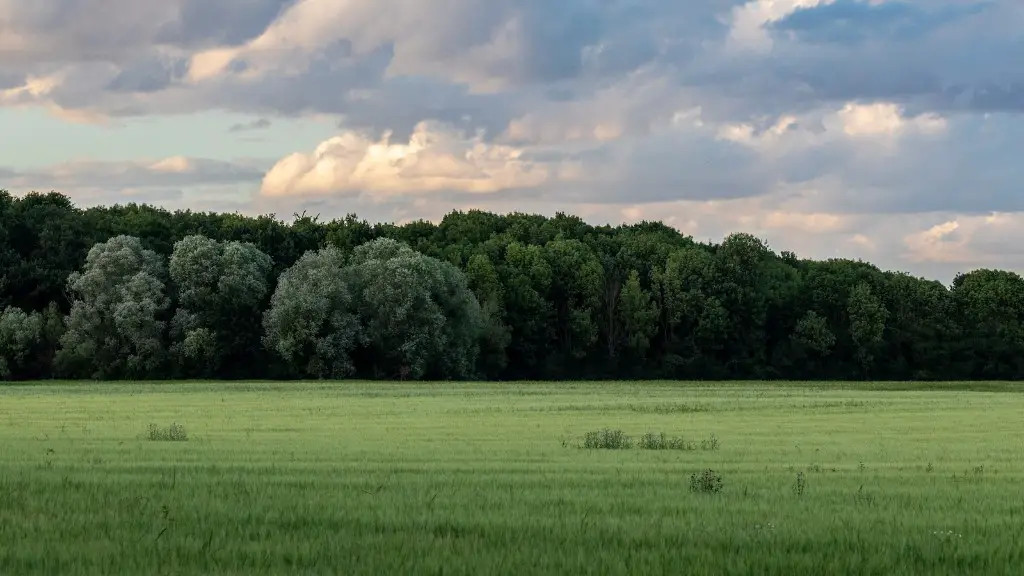Biotechnology is the application of scientific and engineering principles to the processing of materials by biological agents to provide goods and services. Biotechnology helps agriculture by providing tools to improve crops and make them more resistant to pests and diseases.
Biotechnology can help agriculture in many ways. For example, it can help farmers to grow crops that are resistant to pests and diseases, or that can tolerate extreme weather conditions. Biotechnology can also help to improve the nutritional value of crops, or to produce crops that have special qualities (such as being more durable or having a longer shelf life).
What is the benefit of biotechnology in agriculture?
Agricultural biotechnology has numerous potential benefits that can be used to improve the yield, quality, and stress tolerance of crops. These benefits can help to improve the taste, texture, and appearance of food while reducing the dependence on agrochemicals. Agricultural biotechnology has the potential to improve the quality of life for farmers and consumers alike.
Biotechnology has revolutionized agriculture, with farmers now able to grow genetically modified crops and improve plant and animal health and breeding. Here are five examples of biotechnology in agriculture:
1. Genetically modified crops: Crops that have been genetically modified to be resistant to pests or tolerant of herbicides have been a boon to farmers, allowing them to reduce their use of pesticides and increase yields.
2. Developing of biofuels: With the rise in oil prices, biofuels made from crops such as corn and soybeans have become increasingly attractive as an alternative to gasoline.
3. Improving plant growth: Biotechnology is being used to develop crops that require less water and fertilizer, and can grow in adverse conditions such as drought or salty soils.
4. Improving plant seed quality: Through genetic modification, farmers can now produce seeds that are more resistant to disease and pests, and have a higher yield potential.
5. Improve animal health and breeding: Biotechnology is also being used to improve the health of livestock and poultry, and to develop new breeds that are more productive or resistant to disease.
What are 5 benefits of biotechnology
Biotechnology has a range of potential applications that can help to create a more sustainable future. One area where it can play a role is in the production of sustainable chemicals, energy and other materials. For example, genetically modified crops can be used to create more efficient and environmentally friendly food production. In addition, seawater bioprocesses can be used to produce fuel and chemicals with a lower environmental impact. Another area where biotechnology can help is in the development of zero-waste bio-processing methods. Finally, carbon dioxide can be used as a raw material in some bioprocesses, which has the potential to help reduce emissions of this greenhouse gas.
Many new plant varieties being developed or grown by farmers have been produced using genetic engineering. This involves manipulating the plant’s genes through techniques of modern molecular biology, often referred to as recombinant DNA technology. This has allowed for the development of plants with desired characteristics, such as resistance to pests or tolerance to herbicides. However, there is some concern over the safety of these genetically engineered plants, as there is the potential for them to spread their modified genes to other plants, potentially causing unforeseen environmental consequences.
What are the pros and cons of agricultural biotechnology?
There are both pros and cons to agricultural biotechnology. The pros include the potential to increase crop yields, reduce pesticide use, and make crops more resilient to climate change. The cons include the potential for negative impacts on human health, the environment, and biodiversity.
Biotechnology has the potential to provide many advantages, especially in three broad categories: environmental protection, higher yields, and improvements in human health.
Environmental protection: Biotechnology can be used to develop environmentally friendly products and processes. For example, biotechnology can be used to develop renewable energy sources, such as biofuels.
Higher yields: Biotechnology can be used to increase crop yields. For example, crops can be genetically modified to be resistant to pests and diseases.
Improvements in human health: Biotechnology can be used to develop new and improved medicines and treatments. For example, biotechnology can be used to develop vaccines and new drugs.
What are the pros and cons of biotechnology in agriculture?
Biotechnology is the process of manipulating living organisms to produce products or services that are beneficial to humans. It can be used to improve the nutritional quality of food, transfer desired traits of plants and animals to other organisms, and minimize the use of pesticides. However, biotechnology also has some drawbacks, including a decrease in biodiversity and a negative impact on health and the environment.
The use of agricultural biotechnology to develop products that reduce greenhouse gas emissions is a promising approach to mitigating climate change. Cover crops that can be used for biofuels, for example, can help to reduce reliance on fossil fuels, while fruits and vegetables that stay fresh longer can help to reduce food waste.
What are 10 benefits of biotechnology
Biotechnology has had a profound impact on agriculture and food production, with benefits that are both significant and wide-ranging. One of the most important advantages of biotechnology is that it can be used to improve the nutritional quality of crops. For example, through genetic engineering, it is possible to introduce new and beneficial nutrients into crops that were previously lacking in them. This can help to improve the overall health of both people and livestock who consume these crops.
In addition, biotechnology can be used to improve the growth rate of crops. This can be done through the introduction of new genes that enable the crops to better resist environmental stresses such as drought or disease. By improving the growth rate of crops, farmers can produce more food with less land, which can help to reduce hunger and improve food security on a global scale.
Another significant advantage of biotechnology is that it can be used to reduce the reliance on pesticides. This is because crops that have been genetically engineered to be resistant to pests and diseases often require less pesticide use in order to achieve the same level of protection. This can lead to reduced pesticide use on farms, which can be beneficial for both the environment and the farmers themselves.
Finally, biotechnology can have a positive impact on the economy
The use of pest-resistant crops has reduced the reliance on chemical pesticides, which is friendly for both farmers and consumers. By eliminating harmful chemicals from the ecosystem, post-harvest losses have been reduced. This increase in crop resistance has made it possible to transport crops for longer periods of time without losing their freshness or quality.
What problems can biotechnology solve?
There is no one-size-fits-all solution for sustainability, but biotechnology could be a key piece of the puzzle. Biological processes can be used to break down waste and produce materials with lower environmental impact than traditional methods.
For example, waste from food production can be used to create biogas, which can then be used to generate electricity or heat. This reduces the need for polluting fossil fuels, and also reduces the amount of waste that needs to be disposed of.
There are many other potential applications for biotechnology in the sustainability field, and the possibilities are constantly expanding as new technologies are developed. As we strive to find ways to reduce our impact on the planet, biotechnology could be a powerful tool in our arsenal.
Farmers have always been quick to adopt new technology to help them improve their operations. Today, there are a wide variety of technology tools available to farmers, from simple apps to complex precision farming equipment. Technology has helped farmers increase yields, reduce input costs, and improve the efficiency of their operations.
What are 5 biotechnology examples
Biotechnology is a rapidly growing field with many applications in medicine, agriculture, and industry. DNA profiling and DNA cloning are two key applications of biotechnology with great potential. Transgenesis, the process of introducing foreign DNA into an organism, is also a promising area of research with potential applications in agriculture and medicine. Genome analysis is another important application of biotechnology that can help us to better understand the function of genes and how they are regulated. Stem cells and tissue engineering are also important areas of research with huge potential for improving human health.
Biotechnology is revolutionizing the field of medicine and diagnostic testing. Synthetic insulin and growth hormone, for example, are helping people with diabetes and other conditions live longer, healthier lives. And diagnostic tests that can detect diseases like cancer early, when they are most treatable, are saving lives every day. Biotechnology is also proving helpful in refining industrial processes, in environmental cleanup, and in agricultural production. In other words, it is improving the quality of life for people all over the world.
What are 3 of the uses of biotechnology today?
Biotechnology is the application of living organisms to create products or perform tasks that are beneficial to humans. It is a rapidly growing field that is already having a significant impact on our everyday lives. Here are some examples of how biotechnology is being used in the world today:
Biofuels: Biofuels are made from plant material and are used to power cars and other vehicles. They are a renewable and environmentally friendly alternative to fossil fuels.
Vaccines: Vaccines are made from attenuated (weakened) viruses or bacteria. They are used to prevent diseases by providing immunity to the person receiving the vaccine.
Bioremediation: Bioremediation is the process of using living organisms to clean up contaminated sites. It is an effective and environmentally friendly way to clean up oil spills, hazardous waste sites, and other areas that have been contaminated.
Pest Resistant Crops: Pest resistant crops have been genetically engineered to be resistant to pests. This means that they require less pesticides and herbicides, which are harmful to the environment.
Environmental Engineers: Environmental engineers use biotechnology to develop solutions to environmental problems. They design systems that can clean up contaminated sites and develop ways to reduce pollution.
Agricultural biotechnology is a science that allows plant breeders to make precise genetic changes to place beneficial traits in plants. This can include traits such as pest resistance, disease resistance and herbicide tolerance. By making these changes, plants can be better protected against pests, diseases and herbicides, making them healthier and more productive.
Warp Up
The application of biotechnology in agriculture has resulted in the development of more efficient and effective ways to produce food. One example is the use of genetic engineering to develop crops that are resistant to pests and diseases. This has resulted in higher yields and reduced costs for farmers. Biotechnology has also been used to develop new methods of food production, such as aquaculture, which is more sustainable and efficient than traditional methods.
Biotechnology has helped agriculture in many ways. It has helped to improve crop yields, to make crops more resistant to pests and diseases, and to improve the quality of food. It has also helped to reduce the use of chemical pesticides and fertilizers, and to improve the efficiency of irrigation.
